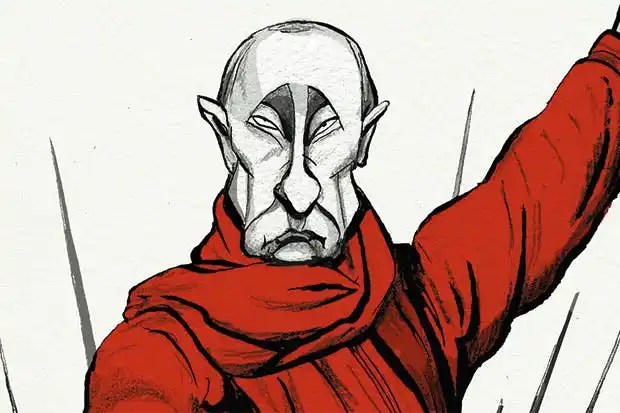It was elaborately staged precisely to try and look unstaged. After a medals ceremony at the Kremlin for Heroes of the Fatherland day, Vladimir Putin joined an oh-so-unchoreographed gaggle of participants. One, Lt Colonel Artem Zhoga, appealed for him to stand for re-election. Although Putin admitted he had had second thoughts, he accepted ‘that there is no other way,’ and would indeed be running.
Already a subscriber? Log in
Subscribe for just $2 a week
Try a month of The Spectator Australia absolutely free and without commitment. Not only that but – if you choose to continue – you’ll pay just $2 a week for your first year.
- Unlimited access to spectator.com.au and app
- The weekly edition on the Spectator Australia app
- Spectator podcasts and newsletters
- Full access to spectator.co.uk
Or




















Comments
Don't miss out
Join the conversation with other Spectator Australia readers. Subscribe to leave a comment.
SUBSCRIBEAlready a subscriber? Log in